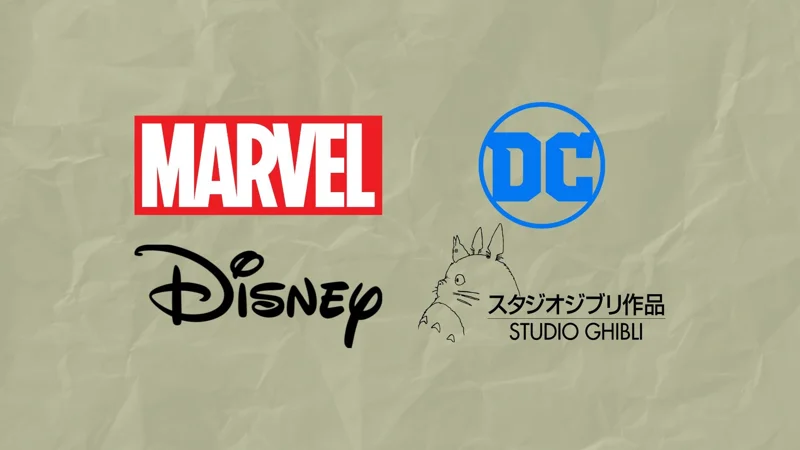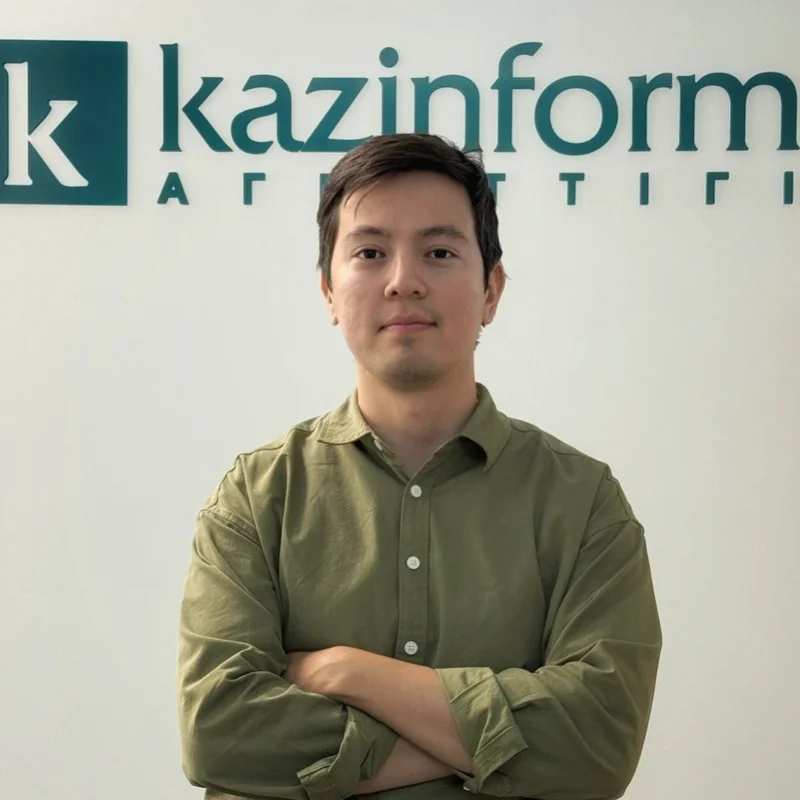Where big Studios stand on AI: From DC and Marvel to Studio Ghibli and Disney
From comic book giants to legendary animators, studios are voicing where they stand on the rise of AI-generated creativity. Read what they are saying about AI and why it matters, Kazinform News Agency correspondent reports.

DC Comics
At New York Comic Con, DC Comics president and publisher Jim Lee delivered the clearest statement: the company "will not support AI-generated storytelling or artwork." Speaking alongside senior vice president and general manager Anne DePies, Lee assured fans that DC's future will remain rooted in human creativity.
Lee compared current anxieties about AI to past technological panics like the Millennium bug and the NFT hype, arguing that while new tools come and go, genuine human emotion remains the foundation of art.
Studio Ghibli
Among the most cited voices in discussions about AI and creativity is legendary Studio Ghibli director Hayao Miyazaki. His now-emblematic words - "I strongly feel that this is an insult to life itself" - capture a broader artistic unease with technology that attempts to imitate human expression.
The quote originates from The Never-Ending Man, a 2016 NHK documentary, in which Miyazaki witnessed a demonstration from a Japanese tech company experimenting with AI animation. The project displayed a distorted humanoid creature dragging itself across the floor. Deeply disturbed, Miyazaki rejected the premise outright.
For Miyazaki, technology that mimics life without understanding it betrays the very purpose of creativity. While he has never opposed innovation outright, Miyazaki has consistently argued that art must come from feeling, not data. His long-standing commitment to hand-drawn animation and organic storytelling reflects that belief: machines can assist, but they cannot dream.
Disney and Marvel
Disney and its subsidiaries, including Marvel Studios and Marvel Comics, have found themselves at the center of the industry's AI debate.
In September, Disney issued a cease-and-desist letter to Character.AI, demanding the removal of chatbots based on Disney's iconic characters, citing intellectual property violations. Disney and Universal have also filed lawsuits against image generator Midjourney, accusing it of "a bottomless pit of plagiarism" through unauthorized use of copyrighted material.
Yet the company faced criticism from fans when the opening credits of Marvel's Secret Invasion appeared to use AI-assisted animation in 2023. Disney defended the sequence as an "artistic collaboration" involving new tools rather than full AI automation.
More recently, Marvel Comics editor-in-chief C. B. Cebulski addressed the controversy directly at New York Comic Con, stating unequivocally that the publisher does not and will not use AI-generated artwork in its publications.
Disney has also navigated smaller disputes, including one involving an illustrator for its card game Lorcana who was accused of using AI for backgrounds. The company clarified that such practices violate its creative policies and terminated the artist's contract.
Steven Spielberg
In Hollywood, acclaimed filmmaker Steven Spielberg has also warned against the growing use of AI in film production. While acknowledging that artificial intelligence could prove useful in administrative areas such as budgeting or scheduling, Spielberg firmly rejected the idea of AI making creative or emotional decisions.
Earlier, Kazinform News Agency shared the exclusive interview with Max Howard, former President of Warner Bros. Feature Animation and Walt Disney Studios, where he discussed the impact of AI.
